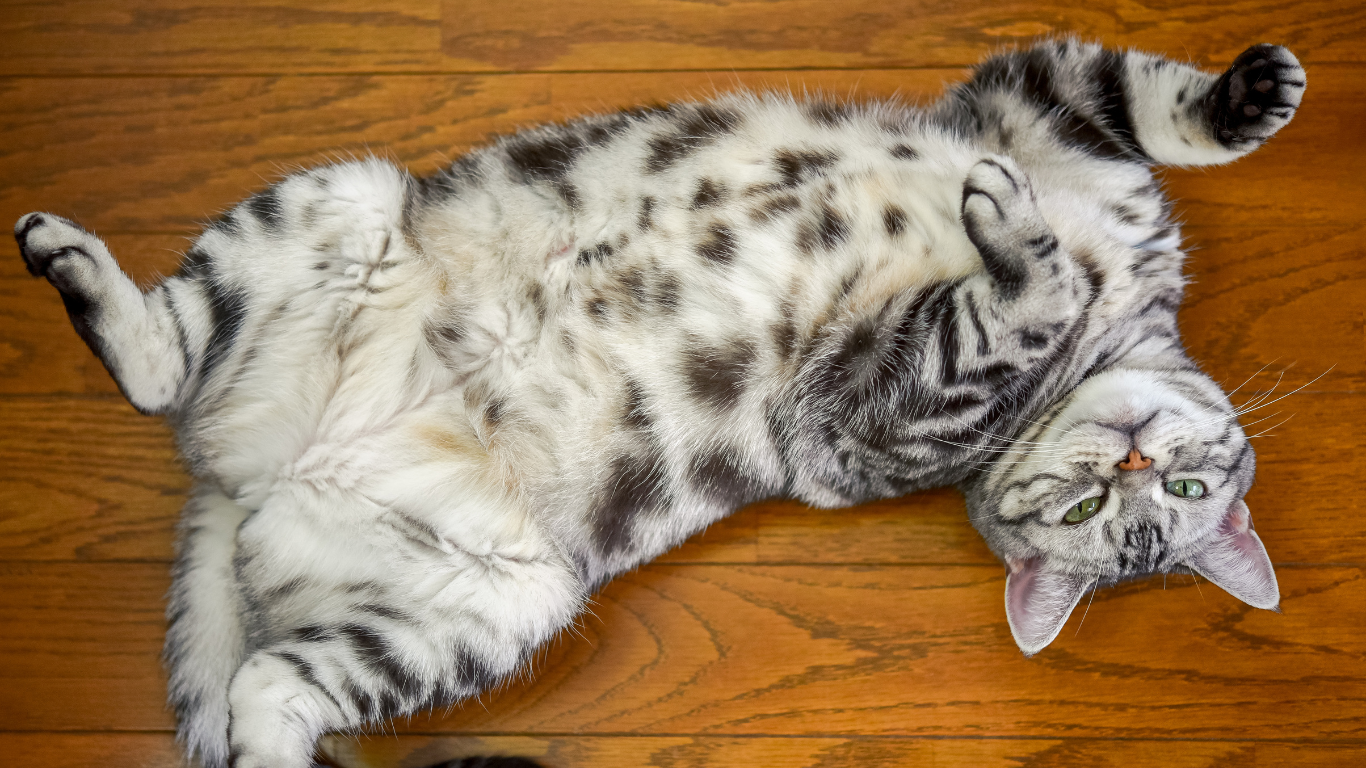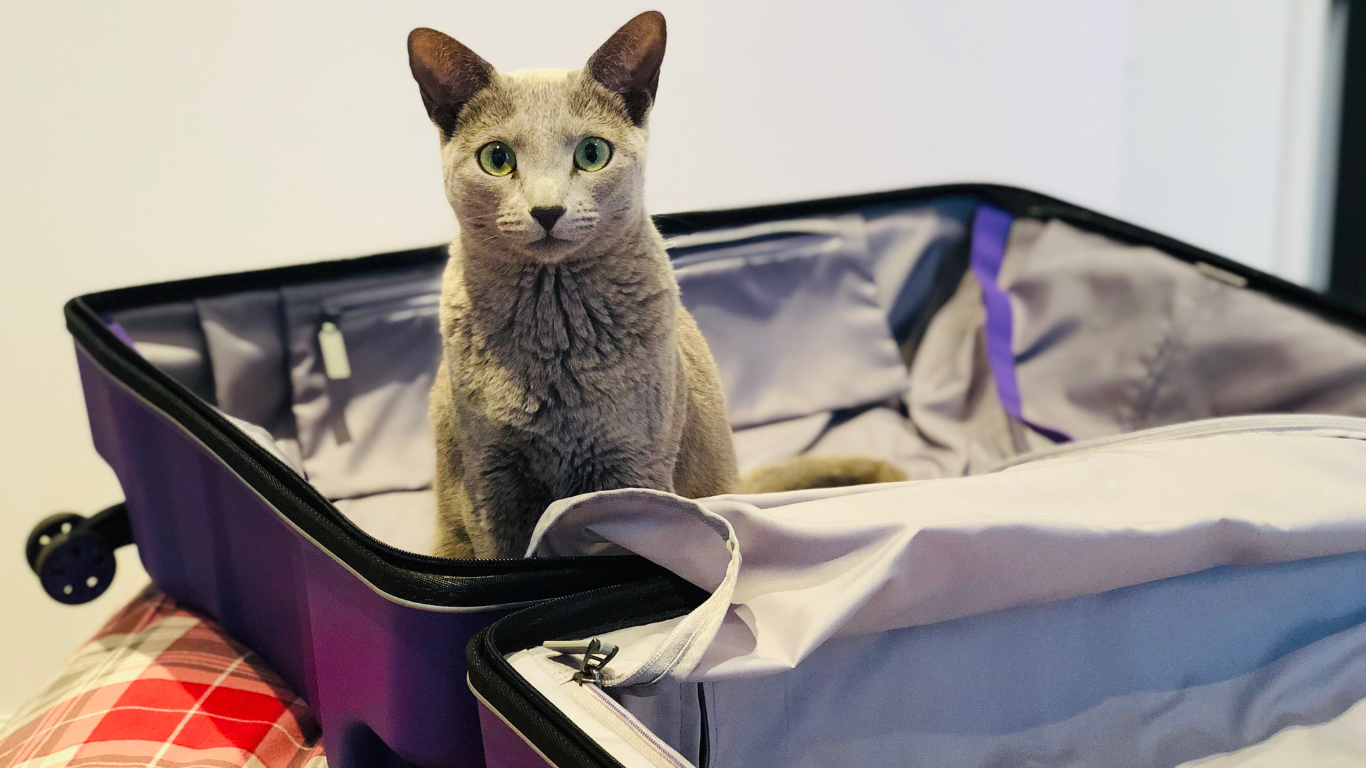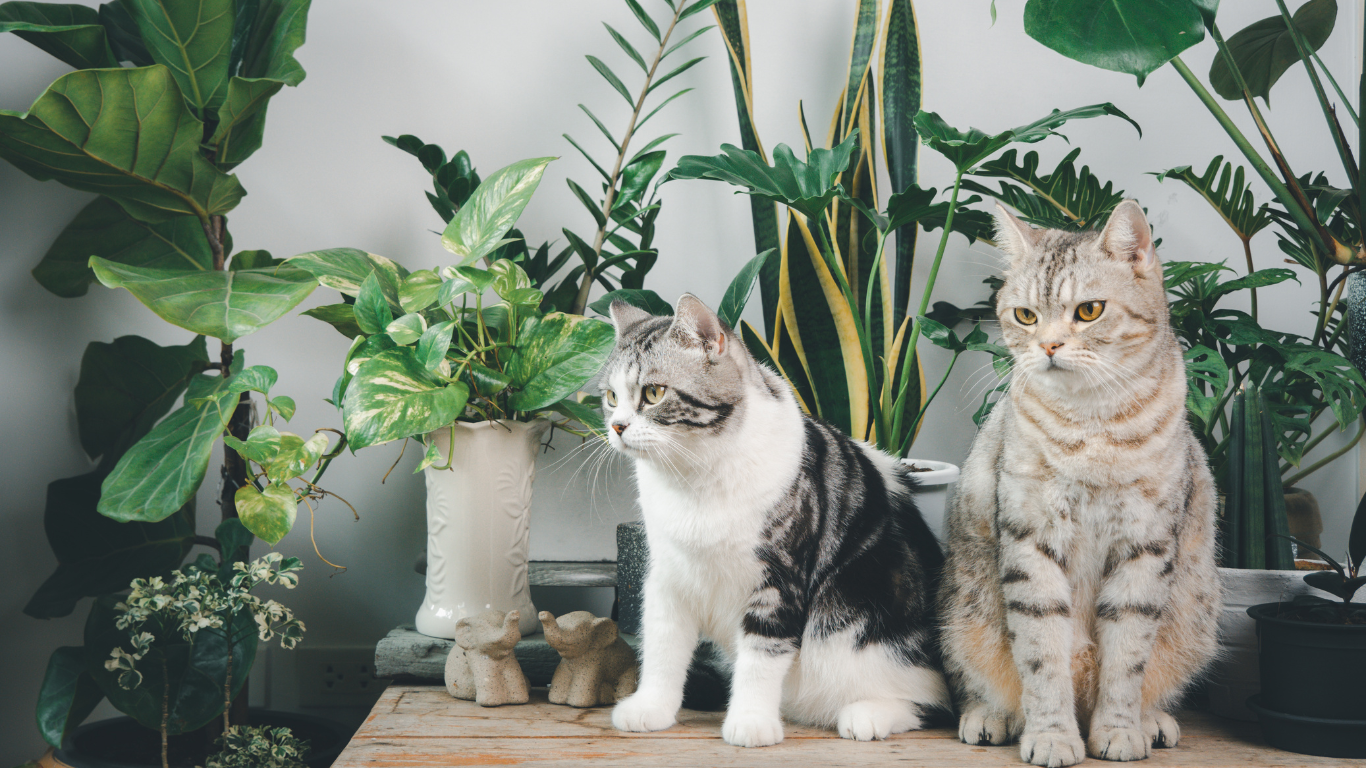Depending on the breed, cats become sexually mature between the sixth and ninth month. Once they are ready to mate, their behavior suddenly changes - they actually roll around on the ground, rub themselves on the ground and show less interest in play sessions and their food. Here we explain what this heat does to your cat, what you can do and why castration is a sensible step.
This is why your cat goes into heat
When the days get longer at the beginning of spring, the cat's hormonal balance is stimulated and it signals to potential partners in its territory that it is ready to mate. The phase of this “heat” (in technical language also “ estrus ”) can last between five and ten days and can be accompanied by certain behaviors, the cat:
- rolls around on the floor
- rubs her bottom on the floor
- shows little interest in playing
- becomes restless/hyperactive
- doesn't like to eat
- Meows unusually much and plaintively
- either becomes particularly clingy or aggressive/isolates (this can vary from cat to cat)
- really wants to go outside
- releases urine in its surroundings (including your apartment!)
You can do this when your cat is in heat
Your cat's focus during this time is on mating. As a result, she shows less interest in her other activities - she often even loses her appetite and becomes particularly picky about her food. This time is stressful for cats, so there should be a calm atmosphere in your household and if possible there should be no changes in everyday life, as cats can react extremely sensitively to external influences.
If your cat doesn't eat much, provide him with special delicacies and snacks that you know will be well received. Catnip can also calm your little tiger a little if he is particularly restless.
If your cat is an outdoor cat, it is better to become a couch potato during its heat, otherwise it is very possible that there will be offspring in the house.
What dangers can being in heat bring with it?
Unneutered cats can be in heat very frequently - namely every two to three weeks if they are not mated. Since ovulation is only triggered by mating, the sex hormone level remains elevated and the heat cycle can occur again after a short time (permanent heat cycle).
This permanently elevated hormone level poses dangers that make the cat susceptible to illness: ovarian cysts or even uterine infections can result.
Weight loss can also occur if the physical stress manifests itself in an unwillingness to eat and the cat simply does not want to eat.
If you do not plan to breed your cat, castration is strongly recommended!
This routine procedure (removal of the ovaries under general anesthesia) will make your cat more balanced and calmer and, of course, will no longer be able to become pregnant when going outside. In addition, animal shelters are already overloaded and advise that cats should be neutered. Some communities have even introduced a castration requirement - you can find out here whether this applies to you.
What you should consider:
- Neutered cats are more likely to be overweight due to changes in their hormonal balance.
- Cats have induced ovulation - this means that cats ovulate even if they do not show any symptoms of heat.










